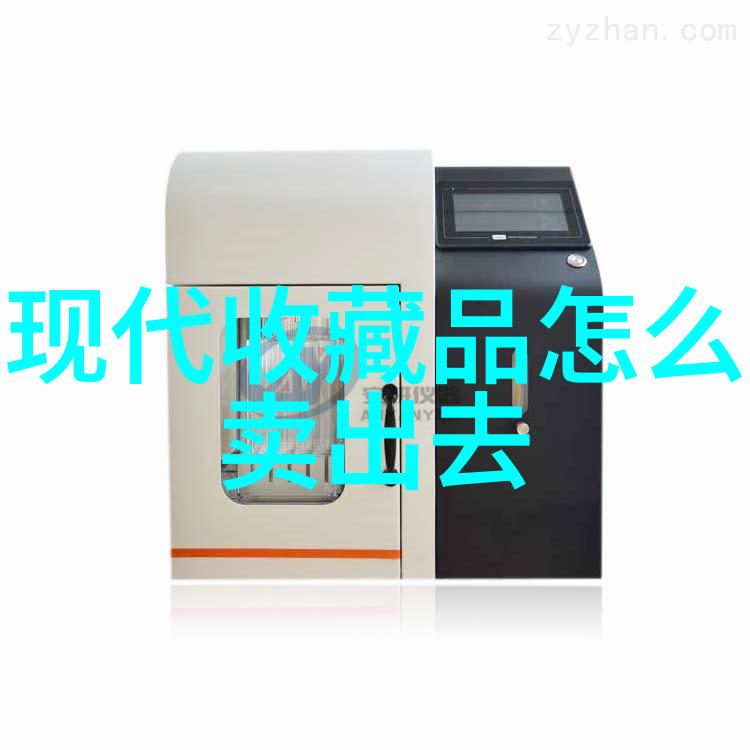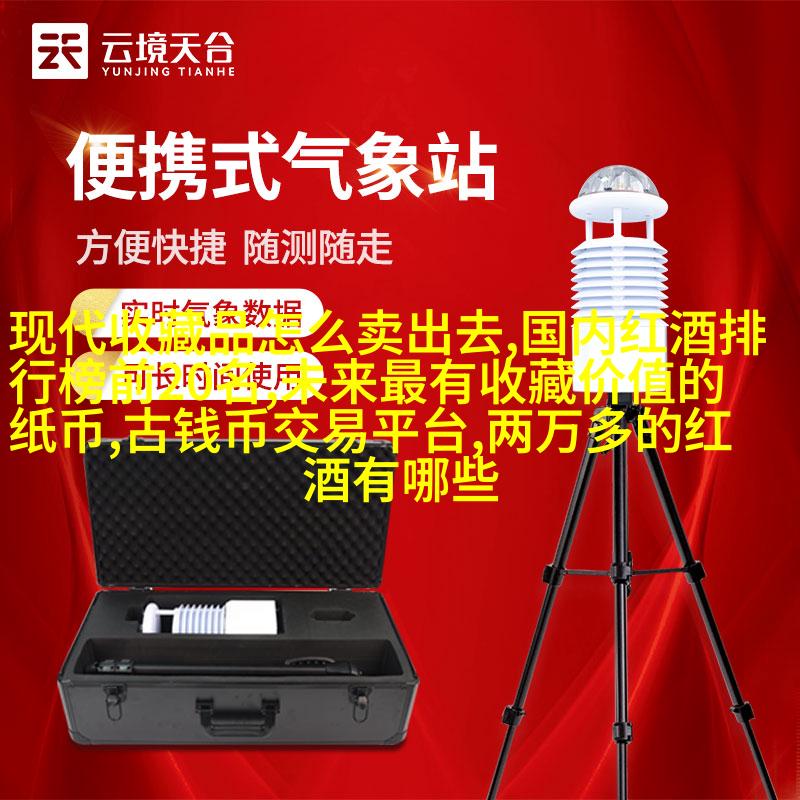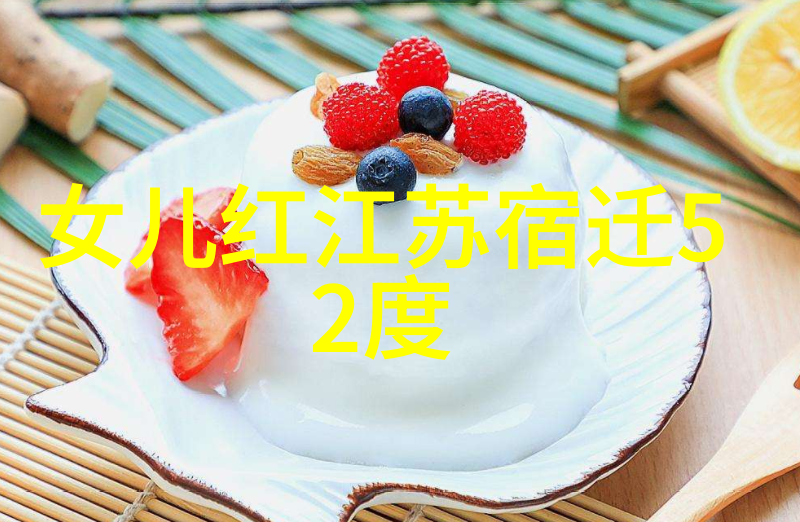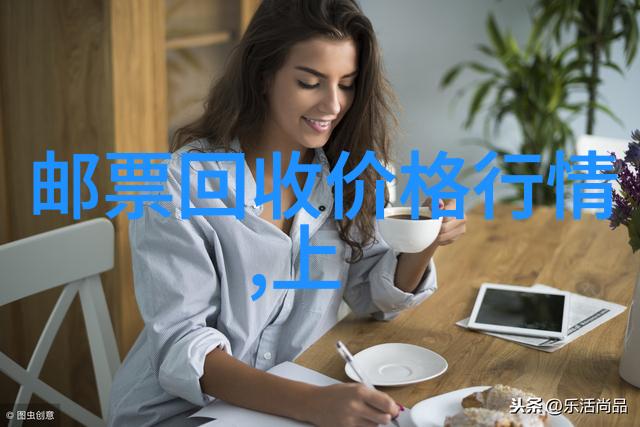自然的什么因素影响了品酒体验?300元左右的红酒是否算得上不错?

人是感性的动物,而葡萄酒也是十分敏感的,品酒时温度稍高或稍低,空气中是否混合“异味”,旁边是否有人在品头论足,是否搭配了出色的美食……种种因素都有可能影响对酒的感觉。这就是为什么,当我们做专业品酒时,要求在安静、无异味的环境中进行,对于场地位置、室内气温和侍酒时的温度以及品酒者的健康状况等都有要求。
是什么影响了品酒?

品酒其实是一个非常复杂的过程,外界的种种因素,都会影响我们对酒的判断。了解了这些,我们应该有意识地排除外界的干扰,以及减少自我意识的影响,从而做到更客观和公正地品wine。
温度

我们知道葡萄wine香气和口感会随着wine温高低而有所不同。当temperature上升时,将促进挥发性气味蒸发,当temperature下降时所有气味挥发强度也将随之减弱。另外,wine温变化,也会造成alcohol感差异,当wineserve at 20度时,wine香调化为主要感觉,让我们觉得比较呛鼻,如果serviced at过高temperature,我们也可以感到alcohol带来的灼热感。在high alcohol content and strong alcohol taste wines, we can use cooling methods to hide this deficiency. Besides, sweetness will increase with temperature rise while saltiness, bitterness and astringency will be more pronounced with temperature drop.
By this way we can summarize that for those fruit flavors rich young wine brands, served at relatively lower temperatures; for aged wine brands, served slightly higher temperatures would highlight its complex and rich aroma changes as well as smooth palate. Furthermore, for sparkling wines such as champagne before consumption ice-chilled first then poured into flute-shaped cups to drink slowly rising bubbles not only to appreciate the slow rising but also mainly to reduce carbon dioxide release speed and intensity minimizing unpleasant stinging sensation.

Productivity
In the process of tasting, all kinds of environment around us even a hint or a whisper from someone nearby could influence our psychological state producing "prejudice" leading to different evaluation conclusions.

When we are in different positions tasting the same wine our evaluation results will have obvious differences. If we are buyers evaluating it using words relatively harsher trying everything possible find out its shortcomings so as to buy it at relatively lower prices. If sellers evaluating it using positive words stretching imagination highlighting features push sales price up.
When presenting the same wine differently (e.g., packaging pricing ratings display) before us (e.g., being told this is an ordinary table wine versus being told this is some famous vintage), we also tend give out different judgment results. For example when served by sommelier saying this is just an ordinary table wine feelings about it become very limited descriptions simpler than when introduced as something else's fine product description becoming richer.
Moreover when tasting in winery cellars feeling exceptionally good quality because influenced by owner's warm passionate explanations after visiting beautiful vineyard understanding long history unknowingly adding "hidden" halo effect on product itself
Other factors influencing judgement include personal preference if partial towards certain style or region of origin would impact judgement if expert opinions heard beforehand expecting similar result
Color
Colors apart from visual effects also affect other senses therefore professional tastings usually occur under natural light white space environment This not only prevents affecting color itself but also influences psychological state like green background making people think of acidity thus increasing perception during dark surroundings emphasizing richness enhancing perception under intense sunlight emphasizing ethanol
Additionally color has significant impact on scent judging e.g., two identical dry whites one in red cup another in white; without knowing difference professionals describe red-wine-like characteristics even though they're actually white demonstrating how much colors affect!





